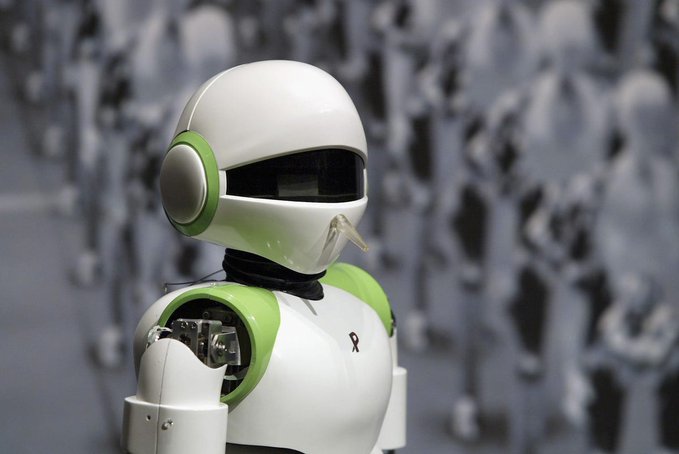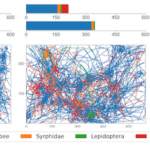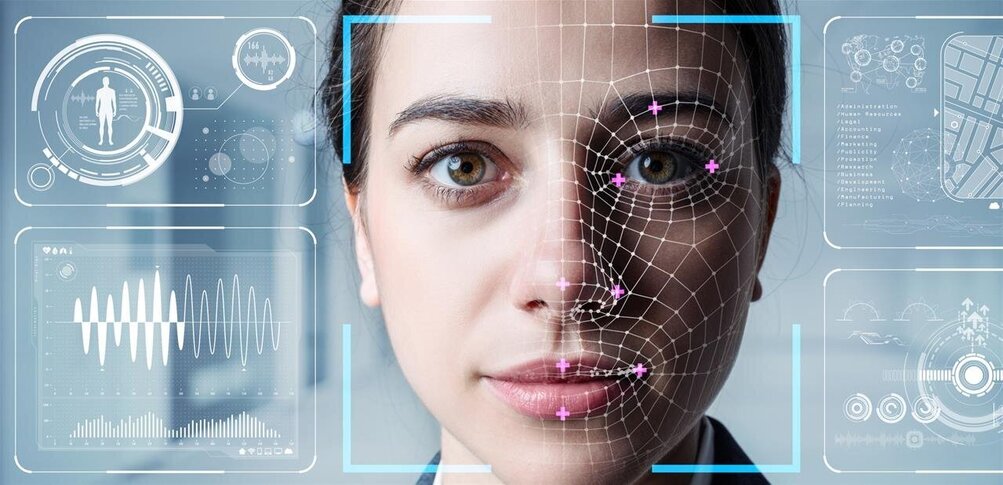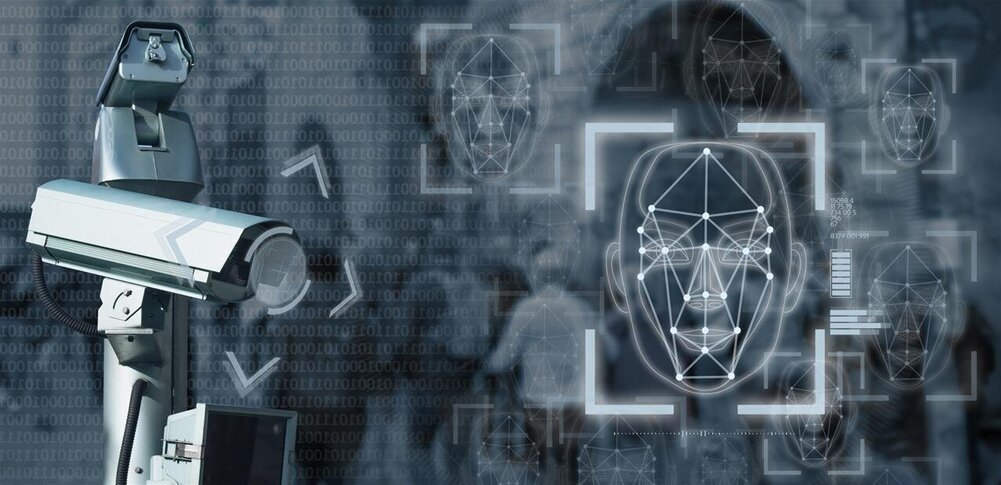If you’re worried about losing your job to AI, you’re not alone. What fields are already being impacted by the growth of AI, and which jobs might be in danger?
Key takeaways
- OpenAI’s ChatGPT has already led to some online publications writing articles using an “AI assist”
- HR departments may start using AI to help in the hiring process, training the technology to rate resumes and identify ideal candidates
- AI technology exists that optimizes insurance claims, assisting not only with underwriting and image analysis but also identifying cases at risk of escalation
With the release of OpenAI’s ChatGPT, many people wonder what jobs will be affected by this new technology. Artificial intelligence (AI) has the potential to streamline and make many jobs more efficient, but some improvements might make certain jobs unnecessary.
Here’s a look at the different tasks artificial intelligence in on track to handle, if not already, with a focus on how these new AI tasks influence the job market. If you’re interested in investing with AI and, you can get started by downloading Q.ai today.
ChatGPT and natural language processing
ChatGPT is an example of a natural language processing (NLP) AI, which relies on deep learning to understand and interact with human text. It uses natural language understanding (NLU) to determine a user’s intent by analyzing the components of a sentence and implements natural language generation (NLG) to produce writing and summarize information.
It’s an example of what experts typically call narrow artificial intelligence, a type of AI that performs tasks and is limited to a specific application. Narrow AI has a fixed domain model provided by its programmer, whereas general AI (which doesn’t exist yet but is more similar to the AI seen in science fiction) would self-learn and have a fuller range of cognitive abilities.
Mots-clés : cybersécurité, sécurité informatique, protection des données, menaces cybernétiques, veille cyber, analyse de vulnérabilités, sécurité des réseaux, cyberattaques, conformité RGPD, NIS2, DORA, PCIDSS, DEVSECOPS, eSANTE, intelligence artificielle, IA en cybersécurité, apprentissage automatique, deep learning, algorithmes de sécurité, détection des anomalies, systèmes intelligents, automatisation de la sécurité, IA pour la prévention des cyberattaques.






